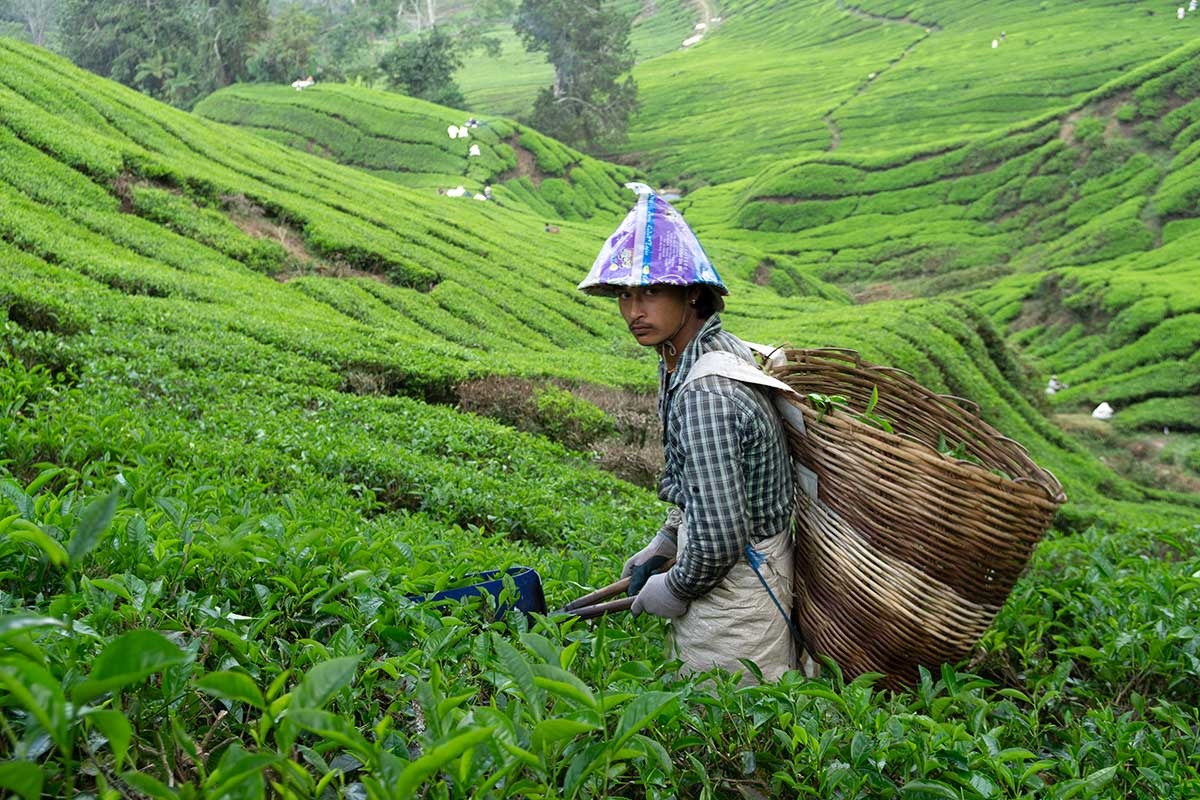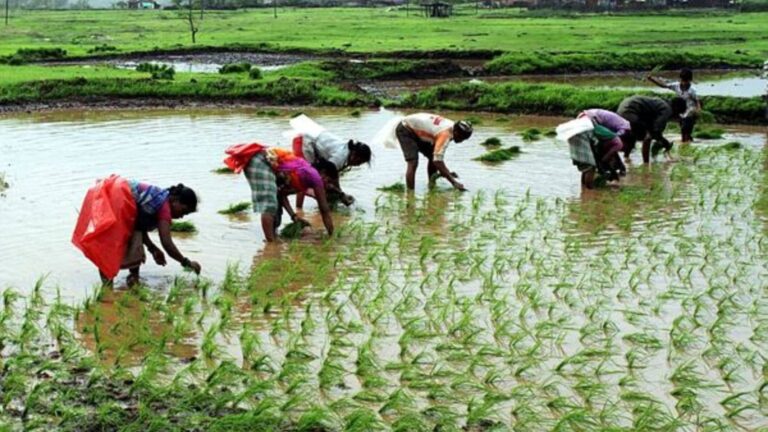
On International Tea Day 2024, the Food and Agriculture Organization of the United Nations (FAO) spotlighted the critical role women play in the tea sector, emphasizing their substantial contributions and the challenges they face. This year’s theme, “Women’s Vital Roles in the Tea Industry and How to Overcome the Challenges They Face,” highlighted the need for concerted efforts to support and empower women within this essential industry.
Recognizing Women’s Impact
In his opening remarks, FAO Director-General QU Dongyu lauded the indispensable contributions of women in the tea industry. “Women play a crucial role in the tea industry, substantially contributing to its sustainability, productivity, and community development,” he stated. “Their contributions underpin the industry’s economic viability, social fabric, and sustainable development.”
Panel Discussions and Diverse Perspectives
A high-level panel featuring Permanent Representatives to FAO from countries such as Argentina, Azerbaijan, Brazil, China, Colombia, Indonesia, Kenya, the Russian Federation, and Sri Lanka discussed the role of women in the tea and coffee sectors from various cultural, economic, and historical perspectives. This discourse shed light on the multifaceted contributions of women across the tea supply chain and the significant obstacles they encounter, including limited access to credit, inadequate technology, weak extension services, restricted market access, and price volatility.
Overcoming Challenges
The event underscored the need for a unified commitment to help women overcome these barriers, which threaten their livelihoods, food security, and continued participation in the tea sector. FAO stressed the importance of enhancing business models to address economic, social, and environmental dimensions of sustainability.
Special Dedication to Women in Coffee
In addition to recognizing women in the tea industry, the celebration also paid tribute to women involved in the coffee sector, who face similar challenges and share comparable experiences. The FAO Director-General hosted an interactive dialogue with women from both the tea and coffee industries, discussing critical issues such as improving resource access, the significance of training and education, market access strategies, and increasing gender diversity in leadership roles.
Showcasing Success Stories and Best Practices
This dialogue provided a platform for women to share their success stories, demonstrating how they have overcome various challenges. It also showcased best practices that enable women to significantly contribute to the growth of the tea and coffee sectors.
Tea and Coffee Tasting Events
The celebration featured tea and coffee tasting events, highlighting the diverse flavors and traditions of these beverages. China, along with Azerbaijan, Indonesia, Kenya, Russia, and Sri Lanka, led the tea tasting event, while Brazil and Indonesia led the coffee tasting, presenting a rich selection of coffee beans.
Exhibition of Agricultural Heritage
An exhibition organized by FAO’s Globally Important Agricultural Heritage Systems (GIAHS) programme included a photo-video gallery focusing on five GIAHS tea sites. These included the Pu’er Traditional Tea Agrosystem in China, the traditional tea-grass system in Shizuoka, Japan, the Fuzhou Jasmine System in China, the Anxi Tieguanyin Tea Culture System in China, and the Traditional Hadong Tea Agrosystem in the Republic of Korea. Each site showcased unique farming techniques and cultural traditions that contribute to biodiversity, sustainability, and high-quality tea production.
FAO’s Ongoing Efforts
FAO continues to support the tea industry through market monitoring, analysis, and servicing the Intergovernmental Group on Tea (IGG/Tea), a subsidiary body of the FAO Committee on Commodity Problems (CCP). The organization also backs various Working Groups of the IGG/Tea, addressing crucial issues impacting the sector.
International Tea Day 2024 not only celebrated the vital contributions of women in the tea industry but also reinforced the need for global cooperation to overcome the challenges they face, ensuring a sustainable and equitable future for the sector.






